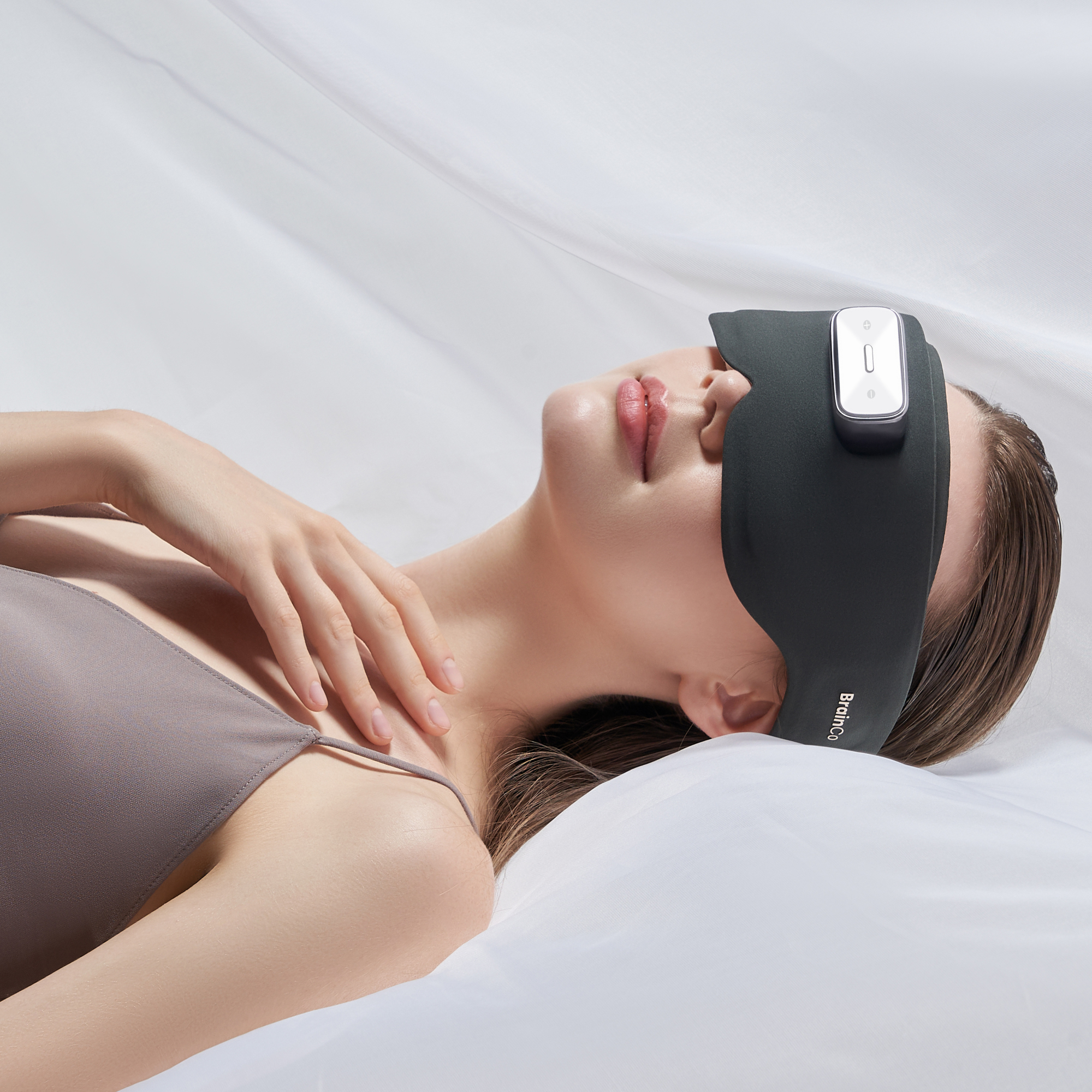Introduction
Insomnia is a sleep disorder that affects millions of people around the world. It manifests itself by difficulty falling asleep, staying asleep, or waking up early.
This article examines the causes, symptoms, and effects of insomnia on daily life, while exploring solutions to address it.
-
What is insomnia?
Insomnia is defined as a persistent inability to obtain quality sleep, despite favorable conditions. It can be acute or chronic, and its causes are varied, ranging from stress to hormonal disorders.
-
The causes and symptoms of insomnia?
-
Psychological causes:
Stress, anxiety, and depression are common triggers of insomnia. People with depression often find themselves caught in a vicious cycle where insomnia makes their condition worse.
-
Hormonal factors:
Women may be particularly affected during pregnancy or around menstruation, due to hormonal fluctuations. These changes can lead to frequent nighttime awakenings and an inability to fall back to sleep.
-
Symptoms of insomnia:
Symptoms include difficulty falling asleep, frequent awakenings during the night, feeling tired upon waking, irritability, and decreased concentration. Those who suffer from insomnia may also experience excessive sleepiness during the day, compromising their quality of life.
-
The effects of insomnia on daily life
Insomnia can have profound impacts on mental and physical health:
-
Psychological effects:
Insomnia increases the risk of developing anxiety disorders, depression, and other mental health problems. Sleep deprivation disrupts emotional regulation, making individuals more likely to experience irritability, emotional exhaustion, and difficulty managing stress.
-
Physical consequences:
Chronic insomnia is associated with an increased risk of cardiovascular disease, diabetes, and obesity. It also weakens the immune system, making the body more vulnerable to infections.
-
The Dangers of Insomnia Medications
Medications prescribed for insomnia may offer short-term relief, but they are not without risks:
-
Side effects:
Sleeping pills can cause daytime sleepiness, cognitive impairment, and disruption of the natural sleep cycle. Antidepressants used to treat insomnia can cause serious side effects, such as an increased risk of suicidal behavior.
-
Risk of dependency:
Many insomnia medications are physically and psychologically addictive, requiring increasing doses to achieve the same effect and making withdrawal difficult.
-
Long-term negative impact:
Prolonged use of these medications can make sleep problems worse and lead to serious long-term health problems.
-
Sleep hygiene: best practices for restful sleep
Adopting good sleep hygiene practices is essential to improving sleep quality:
-
Maintain a regular routine
Go to bed and get up at the same time every day, even on weekends, to regulate your body clock.
-
Create a conducive sleep environment:
Make sure your room is dark, quiet, and at a comfortable temperature.
-
Limit stimulants:
Avoid caffeine, alcohol, and heavy meals before bed.
-
Preparation for sleep:
Engage in calming activities before bed, such as reading or breathing exercises, to prepare your mind and body for sleep.
-
The limits of natural alternatives to drugs
Many people turn to natural solutions to combat insomnia, but these methods are not without drawbacks:
-
Essential oils:
While oils like lavender are often used to promote relaxation, their effectiveness varies from person to person. Additionally, prolonged use of these oils can lead to psychological dependence, where the brain becomes conditioned to require this stimulation to fall asleep. This can make withdrawal difficult and further disrupt the natural sleep cycle.
-
Infusions and herbal teas
Herbs like valerian and passionflower are known for their calming properties, but they can also be habit-forming. Regular use can reduce the effectiveness of these remedies and lead to mental dependence, making it difficult to fall asleep without their use.
In short, these solutions may offer temporary relief, but they do not address the root causes of insomnia and may even contribute to psychological dependence, making it more difficult to sleep without these aids.
-
Easleep: A scientific therapy solution at home
Rather than relying on temporary and potentially addictive solutions, Easleep offers a comprehensive and personalized approach to treating insomnia in a sustainable and risk-free way:
-
Personalized program
Easleep’s artificial intelligence analyzes your sleep habits and creates a program tailored to your specific needs. This program includes tips, reminders, and adjustments based on your progress, ensuring you continuously improve your sleep.
-
Daily monitoring and reporting
Every night, the device tracks your sleep cycles and provides detailed reports. These reports include analyses of your deep sleep, nighttime awakenings, and other key indicators, allowing you to adjust your routine for optimal results.
-
Relaxation and meditation techniques
Easleep incorporates breathing exercises, guided meditation sessions, and ASMR programs designed to calm the mind and prepare the body for sleep. These techniques, backed by scientific research, are effective in reducing anxiety and promoting rapid sleep.
-
Therapeutic sounds
Scientifically composed, these soothing sounds, such as white noise or specific frequencies, are broadcast to create an atmosphere conducive to restful sleep. They not only help you fall asleep faster, but also maintain continuous and deep sleep.
Conclusion
Insomnia is a complex problem that requires a comprehensive and thoughtful approach. Rather than resorting to temporary and risky solutions, such as medications or some natural remedies, innovative solutions like Easleep offer a safe and effective alternative to improve the quality of sleep and, therefore, the overall quality of life.










Partager: